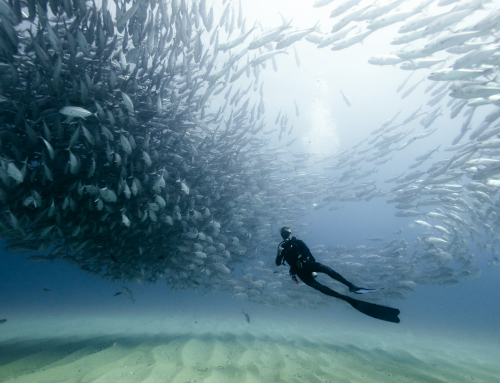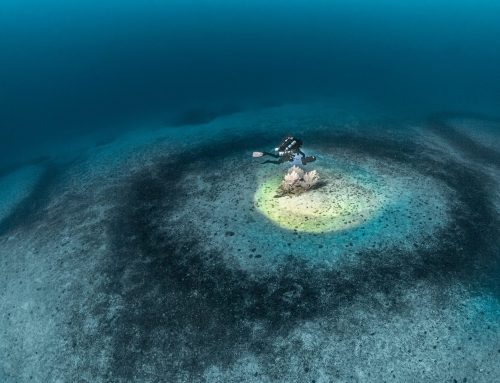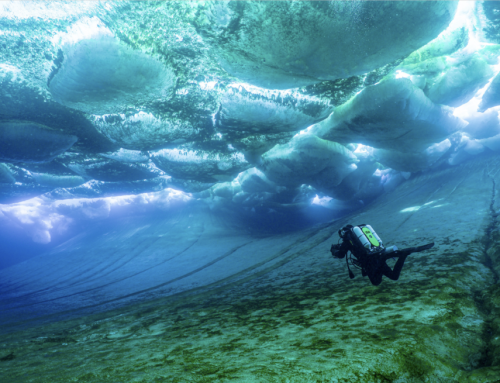Mick is lying on his surfboard, staring at the horizon, excitedly anticipating the next big wave to appear. This bay is famous for its huge waves amongst surfers, and Mick has a feeling that this will be one of those perfect days where everything comes together to be an epic experience. It is still early morning, and the rising sun is casting a beautiful red glow on the ocean’s surface. The wind is strong and blowing from the right direction to produce spectacular big rollers of waves coming in over the reef. “This is perfect”, Mick is ecstatic! “This is it, one of those days that legends are made of”, he thinks to himself – a great story to share at a campfire.
All of a sudden, within a split second, his excitement turns into terror. A huge grey dorsal fin appears just a few arm’s lengths away from him. Unmistakably a massive Great White. “Oh my god”, Mick feels sheer panic instantly set in, and his heart is about to burst through his chest. Was this it? Is this how his life is going to end!
Mick starts to hastily paddle towards the shoreline, with all the adrenaline-fuelled power that his body can muster, desperately trying to escape this nightmare situation. Suddenly Mick feels the pull of a big wave picking him up. “There it is; this is my way to get out”. His muscle memory sets in, and he instantly jumps up on his board, anxiously surfing the wave to escape the certain terror of the beast. Holding the wave for as long as he can, Mick knows that he now has to swim the last remaining distance to the safety of the beach. But where is the Great White, where is the beast? Was it following him? Mick, now being off his surfboard and back in the water, is starting to swim for his life. He can already feel the burn of his muscles from the exertion, but there is still some way to go. Then, all of a sudden, Mick feels a strong, blunt impact on his left leg. Was this it? Has the shark just bitten off his leg? “Where is the pain”? “There should be pain”! Mick, now just a few metres away from the beach, hesitantly turns around in sheer panic to look at the state of his leg. “It’s still there”, what a relief. It was his surfboard, being tossed by the surf, that hit him in his leg.
Mick, suddenly feeling the soft sand of the beach under his feet, grabs his board with all his remaining strength and starts to run the last few metres through the shallow waters onto the safety of the beach. Finally, out of the water, he falls onto the safety of the warm, dry sand. With his heart still running at a million miles an hour, he thinks to himself, “Why not kill all sharks”?
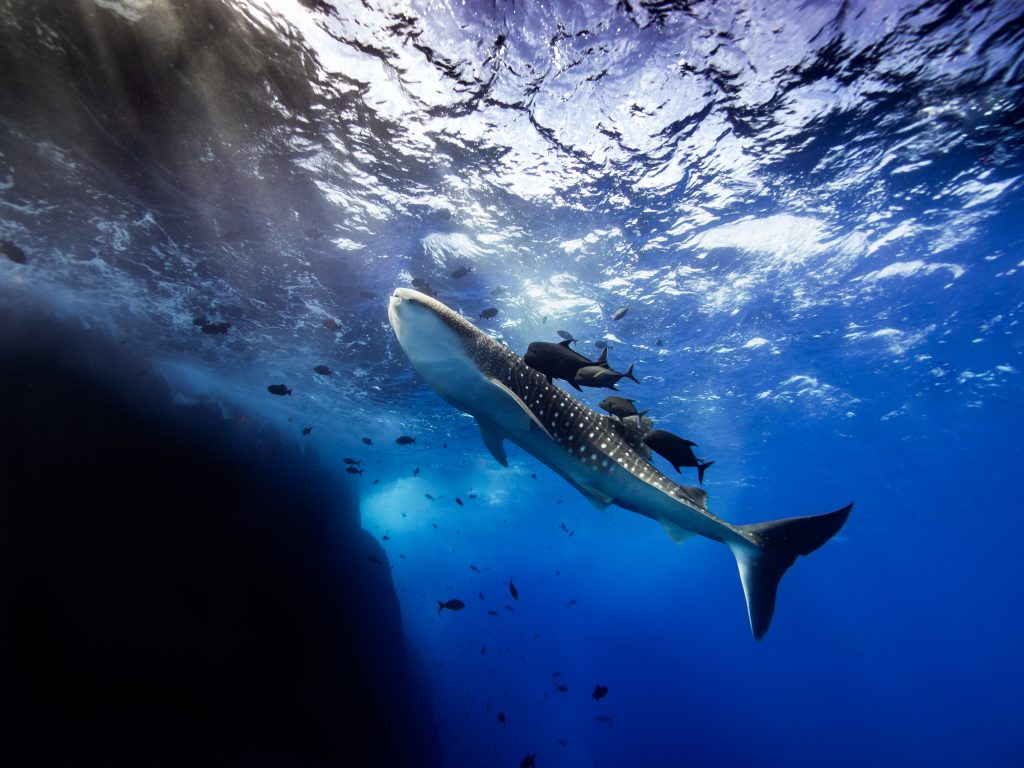
Every surfer who has been surfing long enough in waters with big shark’s present will have a similar tale to tell. Understandably, this is every surfer’s biggest nightmare, to be eaten alive by one of these man-eating predators of the sea.
Let’s have a closer look at Mick’s scenario. How much of a risk did he take, and how dangerous was this situation really for him?
The statistics alone tell a different story to Mick’s views. Each year there are hundreds of thousands of surfers in the water in areas inhabited by large sharks, where encounters are likely. However, there has only been an average of 4 fatal incidents annually since the 1970s. Not one of the surfers were ever eaten but succumbed to the loss of blood caused by the shark’s bite.
While it is always an absolute tragedy to lose people in this way, we have to weigh the potential danger with the number of surfers in the water and realise that it is a mere fraction of a percent who are bitten by a shark.
All the surfers I have talked to are okay with those odds, and they are fully aware of the risks they are taking every time they enter the realm of the sharks.
Thanks to the availability of video drones for the general public, we now have a considerable amount of drone shots from the most popular surfing destinations of the world. It is now very obvious that we consistently underestimated how many big sharks are patrolling these waters, with surfers right next to them. Most sharks don’t even flinch when a surfer falls off their board into the water alongside them. They just swim about their everyday business.
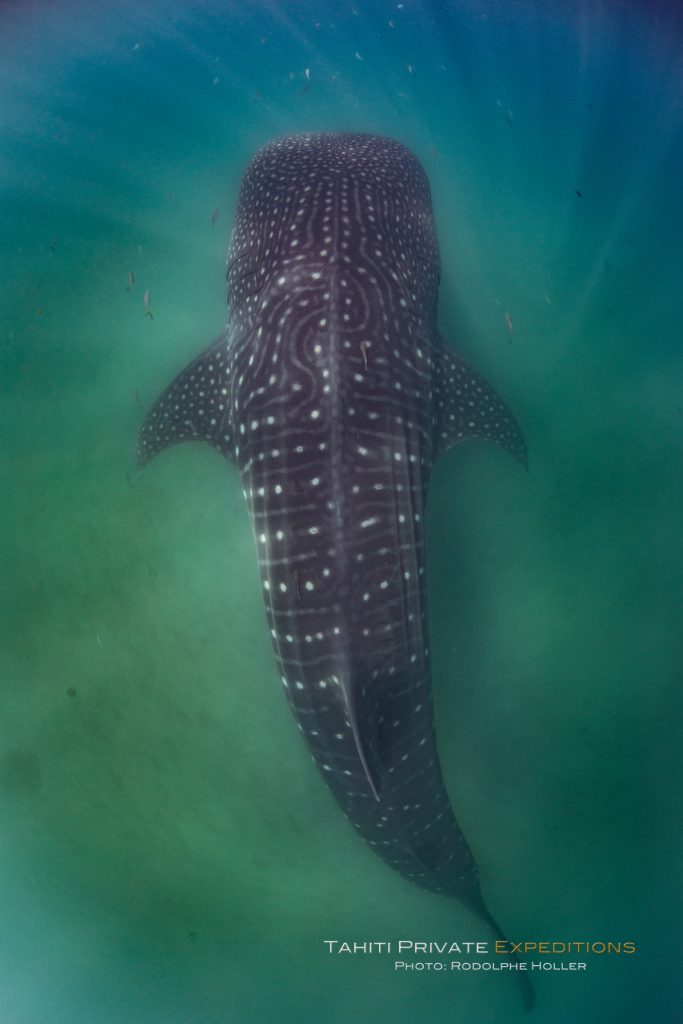
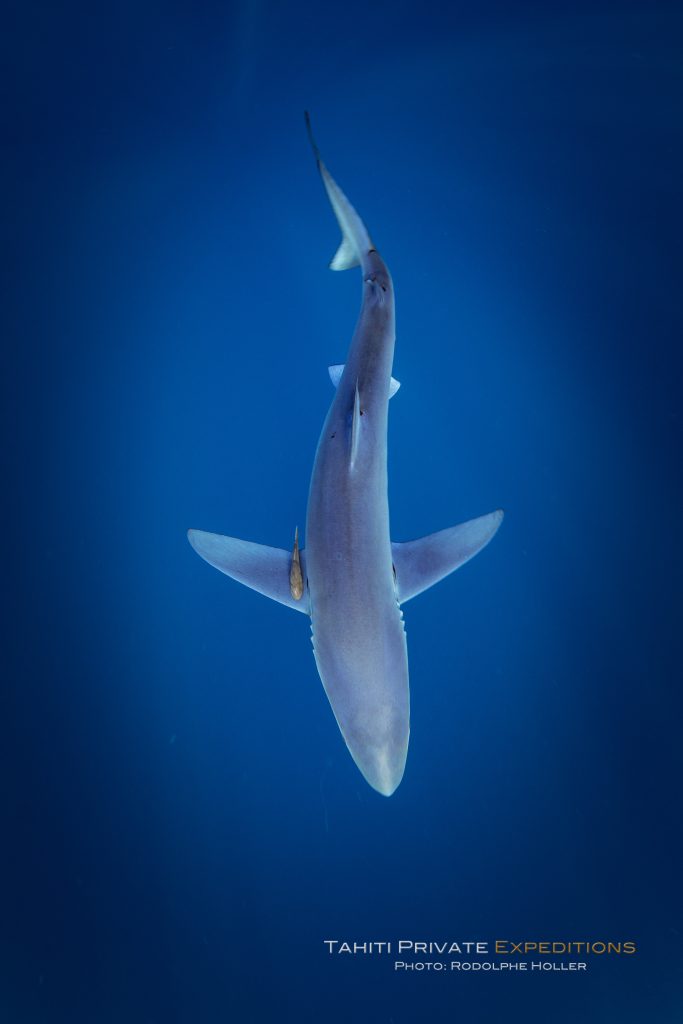
Humans are definitely not on the dietary plan of sharks, and although curious sharks may come close to investigate humans, those encounters are rare and of very low risk to us.
Incidentally, those statistics for the surfers are about the same for people who swim in waters with large sharks present. Even looking at incident rates within the spearfishing, free diving community, the statistics are very similar, even though the spearfishers are obviously in the water with the bleeding fish they shoot, attracting the hungry sharks. From personal experience, I know that sharks are only interested in your catch and never in you. So if they really want your catch, it’s a wise move to surrender it to them and to call it a day. I personally never attach my catch to my belt but rather leave it on the spear and pull it several metres behind me on the reel line of my speargun to my boat or tender, where the catch goes into an icebox right away.
If there is such a low statistical chance of a human ever being harmed by a shark, maybe we should revisit the question in the title of this story and perhaps change it from “Why Not Kill All Sharks?” to “Do We Actually Need Sharks?”. As a matter of fact, probably the most revealing question to ask would be, “What do sharks actually do, and how important is their role in their ecosystems”?
Like all apex predators, sharks control the food chain from the top down. “Why is this important” I hear you ask?
There are two essential things that sharks are doing. The first is keeping the population of the fish they eat in check so those fish species don’t multiply too much. If there are too many smaller predatorial fish in the waters, they will eat all the non-predatorial reef fish in the food chain until only the smallest fish are left, and the entire food chain has collapsed.
There are many small fish that are actually cultivating algae. If there are too many, the algae will grow over the corals, starving their polyps of sunlight, essentially accelerating the dying of coral reefs. Since there are no more algae-eating fish left in the food chain, there is no chance for the coral reef to recover, and it is doomed to collapse and to eventually die.
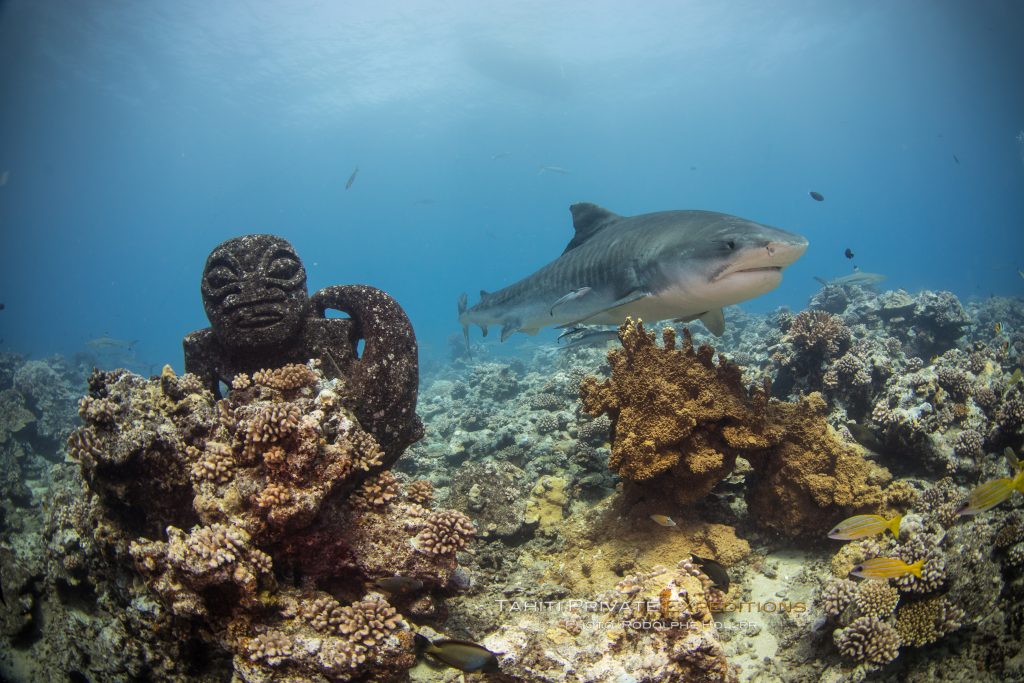
As devastating as this is for the marine ecosystem, think of the negative impact on us humans. Fishermen will lose their jobs and quickly be out of options to provide for their families.
Popular diving destinations will no longer have relevance, and tourist numbers will decline. Diving centres will be out of business, hotels and restaurants will suffer – a very bleak future for everyone involved in the tourist and hospitality business.
The second important thing that sharks do is single out the weaker and genetically unhealthy fish from the healthy fish, as they are slower than their healthier counterparts and easy prey for the sharks. This ensures a healthy fish population throughout the coral reefs, thus keeping a natural balance within the entire food chain in this ecosystem.
Now having learned about the importance of sharks to the health of their habitats, what is the current state of sharks globally?
The numbers are shockingly bad, and shark populations are very low primarily because shark fin soup is now being eaten by such a large number of mainly Chinese consumers. As a result, hundreds of millions of sharks are being killed each year, mainly for their fins and only to satisfy a single market.
Once majestically roaming the open seas, Oceanic White Tip sharks have been decimated by 98% since the 70s.
Why is shark fin soup now suddenly consumed in such huge numbers? The problem is economics.
Whilst shark fin soup was once only affordable by the upper class in China and a status symbol for being wealthy; China now has the largest growing middle class of all countries. As a result, millions of its citizens can now afford to consume shark fin soup on a widespread basis.
So, should we point our fingers at all those Chinese consumers? I firmly believe that the right course of action should be to thoroughly educate the Chinese population on what they are eating and what harm it does to all the coral reefs on our planet and, ultimately, their health.
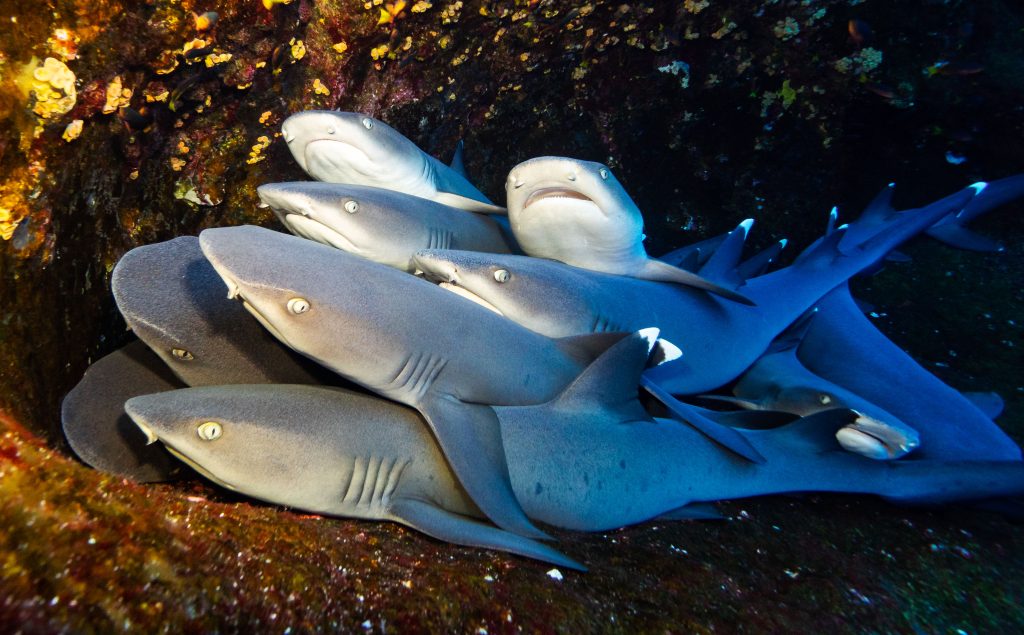
The first absurd misconception is found in the traditional Chinese myth that shark fins are supposed to be good for your libido. Unfortunately, there is not a single shred of empirical evidence to support this myth.
The actual reality of consuming shark fins, consisting of cartilage with about the same texture and nutritional value as a human fingernail, can be harmful to the libido and the entire health of a human body. It doesn’t even add any taste to the soup in which it’s served. It is boiled for a long time in fish broth, giving it flavour and tenderising it for consumption. Otherwise, it would have the identical toughness of an old leather shoe. Hardly a delicacy, as suggested by some and indeed not a medical remedy for anything.
The problem and danger to humans are that our oceans are full of artificial pollutants, such as heavy metals. As a result, all marine animals involuntarily consume these toxins. This is dangerous for all the animals consuming it and the ecosystems they live in. For example, since the sharks generally live a relatively long life, if not prematurely killed by humans, they eat heavy metal-laden fish and end up accumulating a lot of these heavy metals in dangerously high doses in their bodies.
Humans who eat shark products regularly will ultimately accumulate too much of these harmful toxins, fall sick and be sent to an early grave in many cases.
If you are having trouble with your libido, just pop a blue pill. They work, and no sharks need to die in the production process. But, on the other hand, if you want a higher status amongst your peers and friends, do something good and great for our planet. Then, people will notice and appreciate you for your efforts.
To be absolutely clear with this message, shark products are dangerous for human consumption!
So how do we get there? How can we educate the Chinese masses on the facts that shark products are harmful to their health and that this practice is killing off all our coral reefs in the process?
The truth is, it’s tricky. This information is consciously suppressed by the people gaining enormous profits from selling their shark products to the masses. However, we must not forget that this is an industry worth several hundreds of billions $US every year, run by just a tiny band of players, who will do everything it takes to ensure that their profits are ongoing. These profiteers have massive armadas of shark fishing vessels deployed far away from Chinese waters worldwide, where they can find large quantities of sharks.
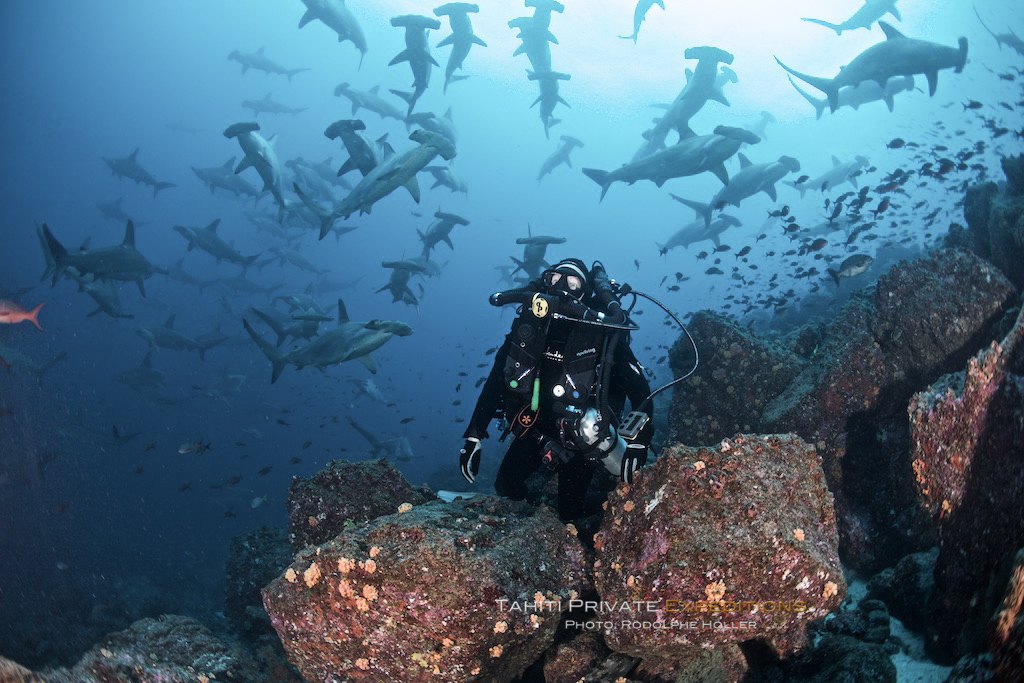
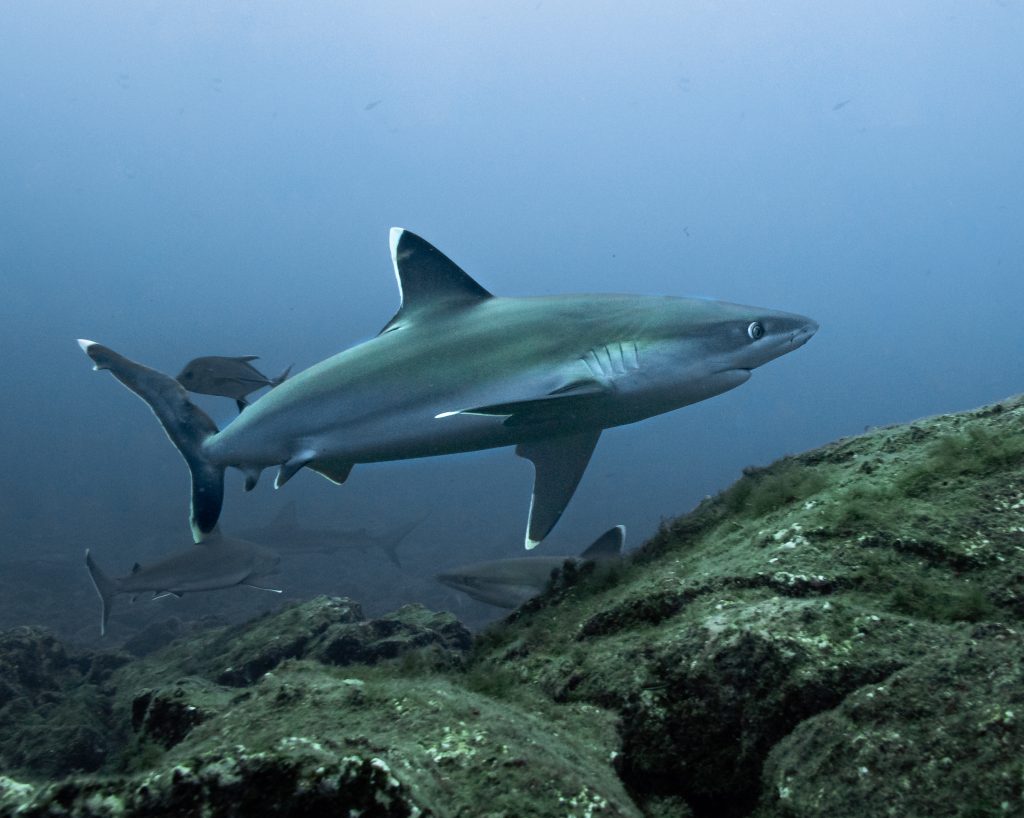
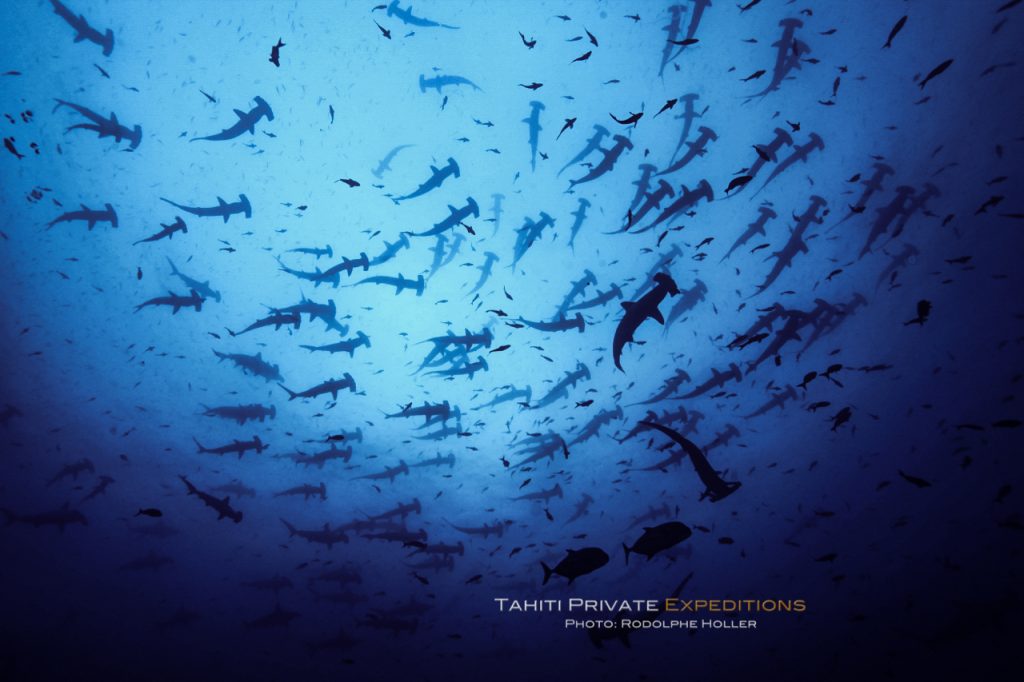
I have just completed a sailing passage on my sailboat that brought me close to Malpelo off the coast of Colombia and Cocos Islands off the coast of Costa Rica. The number of Chinese fishing vessels in these waters was shocking to see when I sailed past them.
Both locations are legendary for their plentiful shark encounters amongst scuba divers, and they play a massive role in the shark’s reproduction.
They are the mating grounds and birthplaces of Silky Sharks and Hammerhead sharks, which can be seen in groups of hundreds roaming these places. As a result, these habitats contain some of the most significantmarine biodiversity on our planet.
Whilst these places are heavily protected by their respective governments and are officially classified as protected shark habitats, countries are bound by their jurisdiction to the 12-mile zone around those areas. Beyond these borders are international waters that no one governs, and those governments can’t reinforce their laws.
This is where you find the Chinese shark fishing vessels, who know that no government can prevent their horrendous fishing practices as long as they aren’t entering the official country’s borders.
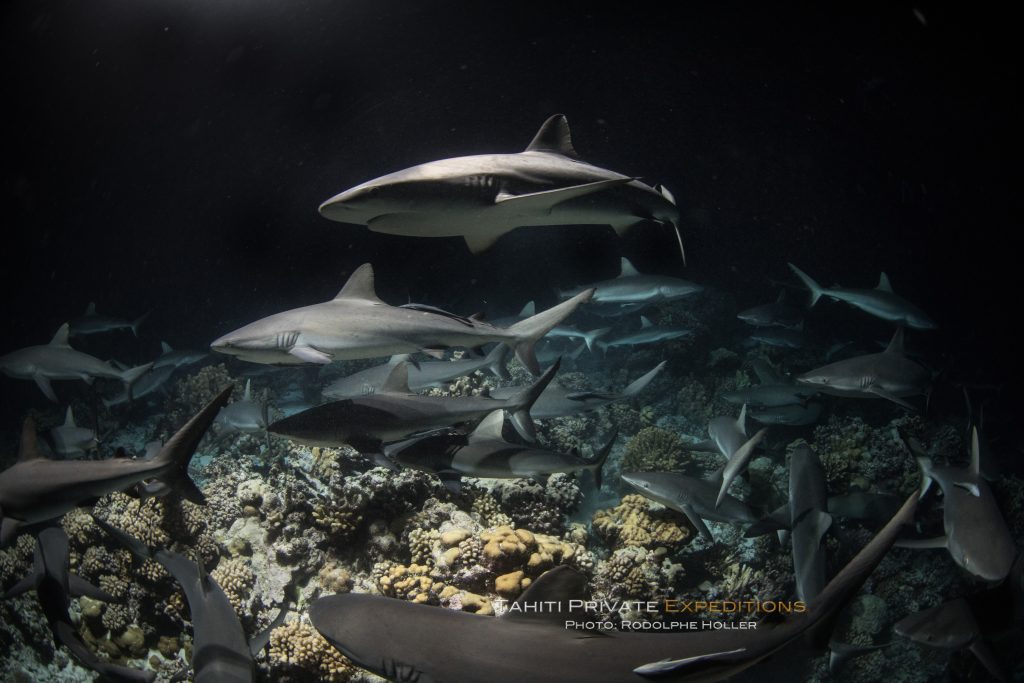
Should we be angry with the fishermen for capturing the sharks? If we look at it realistically, we have to admit that these fishermen most likely have no other means to feed their families at home. They are most likely not educated to understand the significant harm they do to all the world marine ecosystems. It’s their employers, the great profiteers who know all too well what they are doing to our Oceans for their personal greed, that need to be stopped. The answer to the conundrum again is economics. It boils down to a simple supply and demand question. If we want to be successful with our campaign to protect sharks, then killing the demand will kill off the shark finning industry.
The education of the Chinese population, which is the key to successfully stopping shark finning practises, will most likely only work as a grassroots campaign. If you are reading this and have relatives or friends in China, let them know what is happening. They, in turn, can talk to more people until the facts can no longer be suppressed by people in charge about culinary habits.
Gaining credibility by the Chinese is crucial to slow down the extinction of the species. Even though we all know how protective governments can be when it comes to defending their interests.
The translation of shark conservation documentaries in the Chinese language is on the schedule of the OCEANS-project in the dob team. For this project, we are filming the best and foremost scientists, experts and popular “Shark Celebrities” to gather a complete picture of all the different methods currently available at our disposal to protect and even reintroduce sharks to the coral reefs.
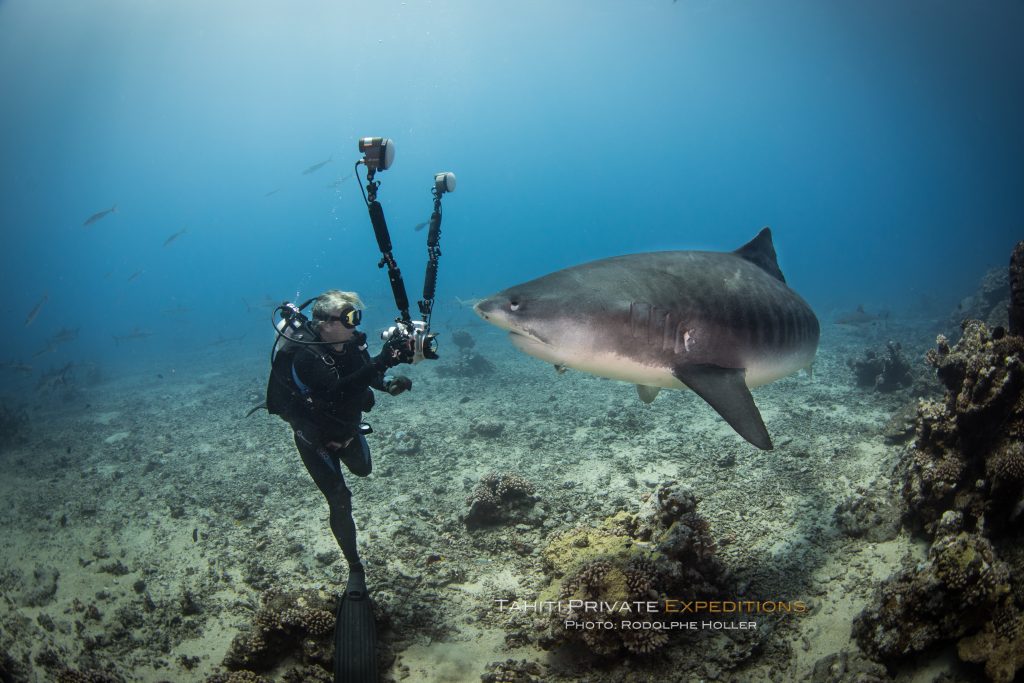
It is not enough to just stop the killing of sharks. We need ways to reintroduce sharks to dying coral reefs to halt the collapse of these essential habitats. We are actively working on viable and readily available options to repopulate coral reefs with sharks successfully.
There are good options, like low impact shark feeding programmes, establishing no fishing zones, and protected shark habitats. These options will ensure the successful reintroduction of these majestic creatures and have a commercially beneficial aspect to local fishermen and scuba diving communities.
In the hope that I could convey that we must protect sharks, rather than killing and eating them, with this short article, I also hope that I have piqued your interest to know more about us. Thank you for your time reading this article, and I welcome you to be part of a hopefully successful story to make the world a better place again.
Special thanks to Rodolphe Holler (Tahiti Private Expeditions) & Damian Pessano (Expedicionesbajasur)



